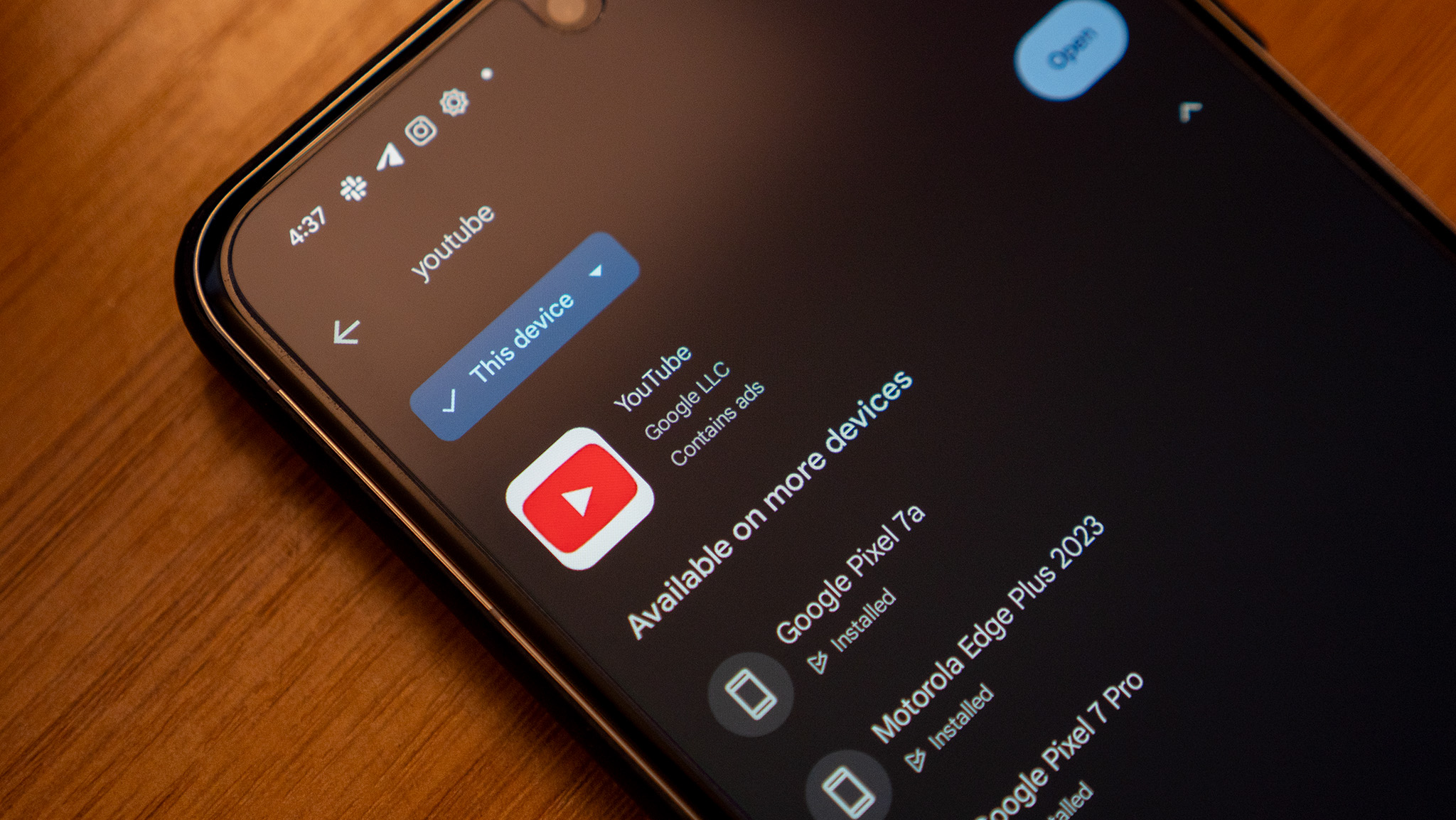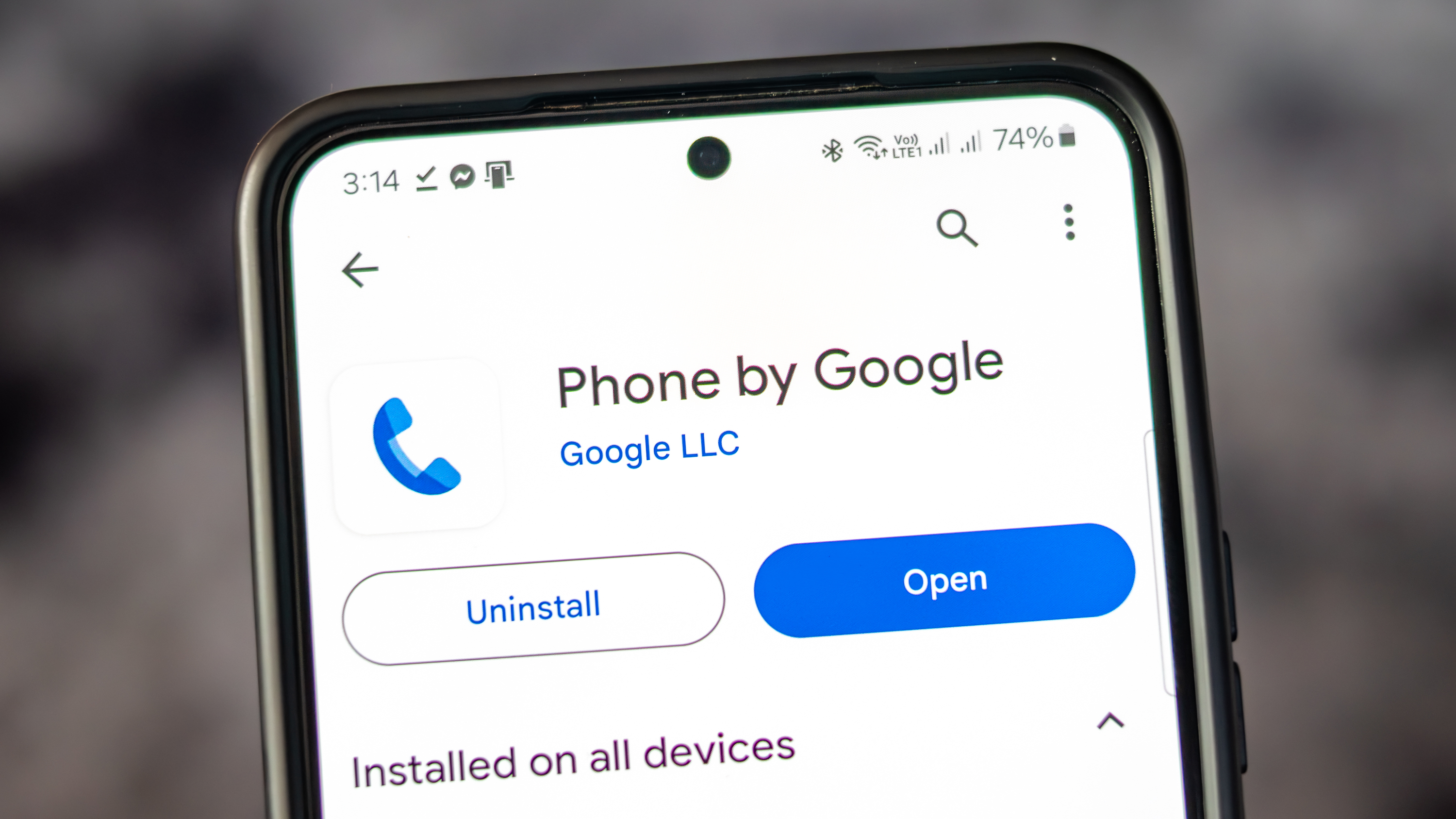Google makes a preemptive move for the 2024 election, will limit election-related queries with generative AI
The move is intended to curb misinformation as the 2024 election nears

What you need to know
- Google today announced a plan to safeguard its platforms ahead of numerous high-profile elections next year, including the U.S. presidential election.
- The company's biggest move will limit election-related queries on its generative AI tools, like Bard and SGE.
- Other steps, like content and advertisement disclosures, are intended to increase transparency during the election cycle.
Seeing how big tech companies have failed to combat misinformation in past election years, Google shared its plan to safeguard its services next year. The company said its plans were due to numerous high-profile elections in 2024, but the biggest one is undoubtedly the U.S. presidential election.
Primary races and independent efforts are already well underway, and we've already seen ads created with artificial intelligence appear without any disclosures present. Political efforts will only intensify next year, and Google hopes that these steps will help increase transparency and limit misinformation.
Google announced its plans in a blog post, which range from advertising disclosures to content labels. However, the biggest step will limit responses to election-based queries on its generative AI tools. These include its chatbot, Google Bard, and its AI-enhanced search tool, Search Generative Experience (SGE).
The changes will take effect early next year, although Google did not specify which types of queries will be restricted. However, the company did say it will proceed with an "abundance of caution" concerning election-related uses in 2024.
Google's plan, though vague, seems to be an industry-leading step to halt the spread of misinformation in elections due to generative AI. The company's biggest competitor, OpenAI, recently rolled out more robust tools to root out disinformation in its generative AI models. It has not yet committed to restricting certain types of election-related uses altogether, though.

The company is rolling out other measures to increase transparency as well. YouTube creators will soon have to disclose when they've used "altered or synthetic content" in their videos. It's unclear how this could be enforced, but it's a good step in principle. This builds upon Google's existing ad transparency policies, which require political advertisers to disclose when altered or synthetic content has been used in an ad.
As in years past, Google aims to provide information about elections from quality sources to users across its apps and services portfolio. This includes Search, News, YouTube, Maps, and Ads.
Get the latest news from Android Central, your trusted companion in the world of Android
On the other side, Google says it will continue to offer its most thorough cybersecurity protections to political campaigns through the Advanced Protection Program.
Expect to see more big tech companies discuss plans to be more transparent and fight misinformation as critical elections near.

Brady is a tech journalist for Android Central, with a focus on news, phones, tablets, audio, wearables, and software. He has spent the last three years reporting and commenting on all things related to consumer technology for various publications. Brady graduated from St. John's University with a bachelor's degree in journalism. His work has been published in XDA, Android Police, Tech Advisor, iMore, Screen Rant, and Android Headlines. When he isn't experimenting with the latest tech, you can find Brady running or watching Big East basketball.
